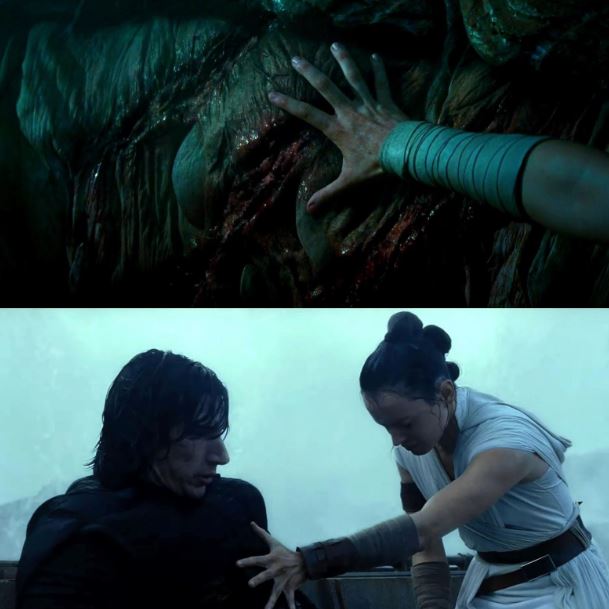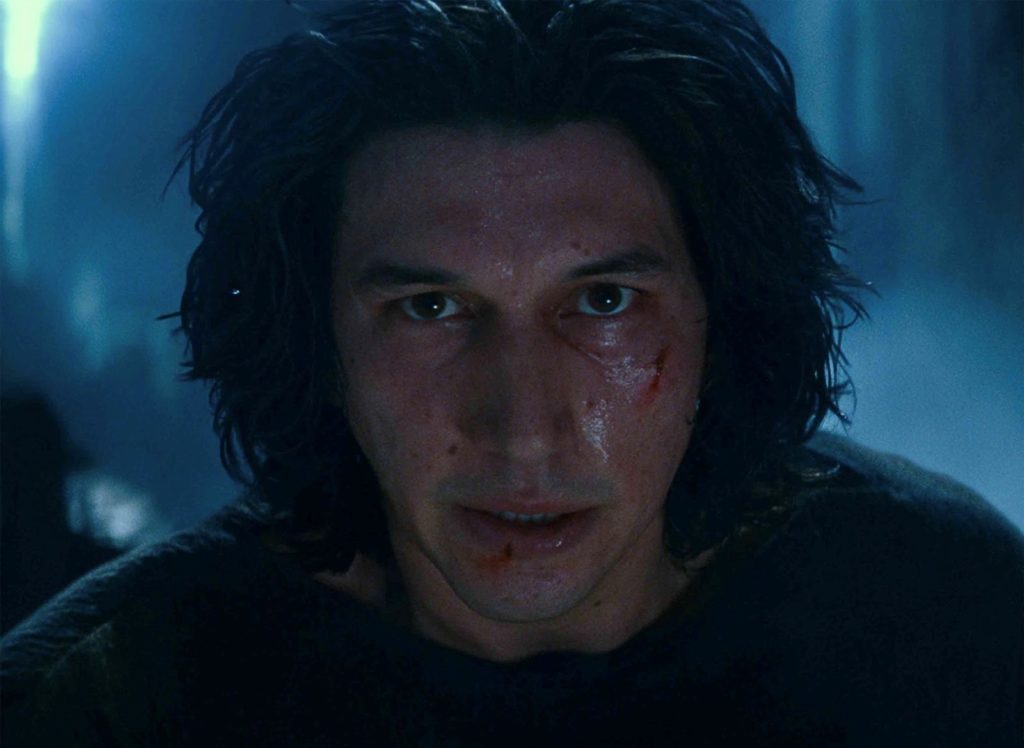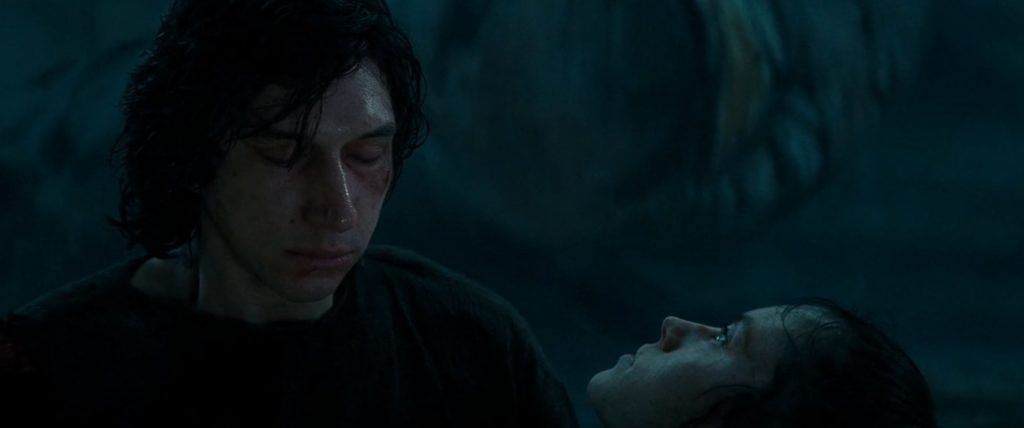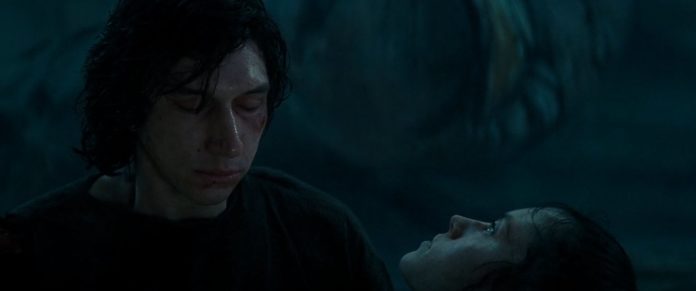“THE CHOICES WE MAKE, THE ACTIONS WE TAKE, BOTH BIG AND SMALL, SHAPE US INTO FORCES OF DESTINY.”
What role does Karma serve in Star Wars?
George Lucas has famously described the dark side of the Force as selfishness and the light side of the Force as selflessness. This concept at the core of Star Wars is based on Karma from Hinduism and Buddhism. Karma is the impact caused by a person’s actions. If you make decisions out of selfishness, the impact will eventually be suffering for yourself and others. If you make decisions out of selflessness, the impact will be peace and happiness. It’s very similar to the idea of “you reap what you sow” in Christianity.
A person’s Karma may at first appear to be individualistic, but it’s important to remember that in Hinduism and Buddhism you are tied to everything else in the universe so your actions can have consequences greater than for yourself. Our choices shape who we are, but also the world around us.
In Star Wars, this comes into play because choices made by the main characters are tied not only to themselves and the Force, but also to the wider galaxy. The fate of characters like Luke, Leia, Anakin, Rey, and Ben Solo is linked to the fate of the galaxy. When Anakin falls to the dark side in Revenge of the Sith, his internal journey is narratively linked and paralleled to the fate of the galaxy falling from a republic into authoritarianism. Conversely, when Luke throws his saber away in Return of the Jedi, his act of selflessness inspires his father to do the same, saving himself and the galaxy through the fall of the Emperor and the Empire.
Karma in The Rise of Skywalker
The idea of Karma is represented in The Rise of Skywalker through the highest action of selflessness, giving some of your life force to heal someone else. Rey’s compassion that has shown itself over two movies, manifests through the Force with her ability to heal in the final movie.
When Rey chooses to heal the snake on Pasaana instead of attacking it, the karmic impact is that the snake moves, providing the way out of the tunnel. This foreshadows Rey doing the same for Kylo, a “murderous snake”, on the Death Star after she stabs him.

Here Rey’s act of selflessness shows Kylo that someone believes he can be Ben again and the karmic impact is that he goes to Exegol and helps her when she needs it most.


Good Karma can change your Fate
In Hinduism and Buddhism, Karma, however, is not just the result of your past actions. The reason Karma exists in both religions is to provide hope for those who are suffering. Although bad things happen in life, your current and future actions can STILL impact your fate in this life or the next. You are not doomed to death or a life of suffering because you made mistakes. Because of this, when Kylo Ren dies on the ruins of the Death Star, he is reborn as Ben Solo and spiritually should have the power to change his fate.
During the final showdown with Palpatine on Exegol, Rey sacrifices herself to save her Resistance family and the galaxy when she deflects Palpatine’s power in a selfless act. Her previous action of compassion then prompts Ben Solo to sacrifice himself in the ultimate act of selflessness for her, by giving her his life force.
Something this significant, which hasn’t been seen before in Star Wars should have been a symbol of hope and inspiration for a galaxy that has been steeped in war and suffering for generations. It also would have provided karmic impact and a symbolic healing for the Skywalkers, specifically Han, Luke, and Leia who each gave their lives to save Ben.

The inconsistency that exists in Star Wars for those of us who are practicing Hindus and Buddhists that believe in karma is the “ultimate sacrifice” is a very Western idea. Life for those who make mistakes is not just suffering until death. Through Karma, you will always have more life to practice good deeds and actions.
The continuous journey of life, death, and rebirth is what’s important not absolution through death. Seeing a character in Star Wars return from the dark side to live their life selflessly could be a great way to provide a message of hope and inspiration to not just those in a galaxy far, far away, but also to ours.
“Remember…you always have a choice to be better. You always have a choice to…to pick the right path. She smiled sadly. Even if that choice comes a little late.” – Asajj Ventress in Dark Disciple
Source:
George Lucas Interviews discussing the Force, Selfishness and Selflessness


